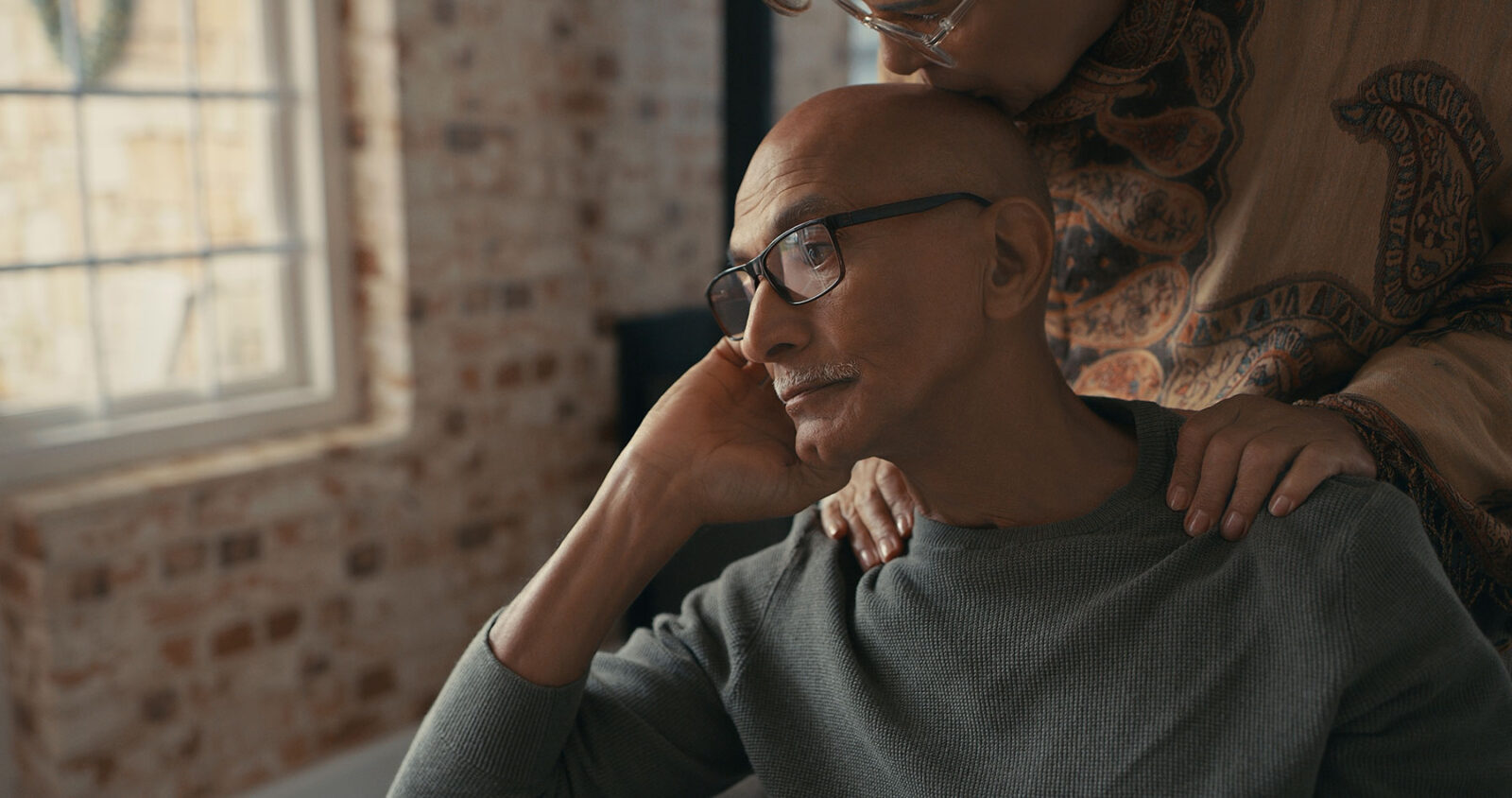Recognising drug addiction signs
What is drug addiction? How do you know if you have a problem and where can you get help?
Read moreWhat is drug addiction? How do you know if you have a problem and where can you get help?

Regular drug use can affect our health, work, and relationships, and it’s more common than you might expect. In fact, around 1 in 20 Australians have an addiction or substance abuse problem. This is why recognising the signs of drug addiction is crucial for those struggling with it and their loved ones. So, what is drug addiction? How do you know if you have a problem and where can you get help?
Let’s explore the signs, underlying causes, and available support.
Drug addiction, also known as substance use disorder, is understood as chronic drug-seeking behaviour and use/misuse, despite harmful consequences. Various substances can lead to addiction, such as alcohol, opioids, stimulants, and sedatives. The term drug addiction can also include both illegal drugs and prescribed medications. Over time, repeated drug use/misuse can impact how our brain functions, leading to changes in our judgement, decision-making, memory, and behaviour. It can also have detrimental impacts on mental and physical health, as well as relationships and quality of life.
Being aware of drug addiction signs is essential for identifying substance abuse in yourself or someone you care about. Common signs of addiction include:
Keep in mind that these signs can vary depending on the individual and the substance involved.
Drug addiction is evident when, instead of being an occasional or recreational activity, it becomes a significant part of someone’s life. Addiction also tends to change behaviour, often harming physical and mental health, finances, relationships and other major areas of someone’s life.
Here are some of the most common signs that drug use/misuse has become problematic:
There is no single cause of drug addiction. Instead, a combination of genetic, environmental, and psychological factors contribute to the development of addiction. Some common risk factors include:
Recovering from drug addiction can be a challenging and ongoing process, but with the right support, it is possible. If you are concerned, start by having a chat with a health professional and explore the best options for you. Evidence-based treatments for addiction include:
MensLine Australia is committed to providing help for people facing drug addiction. Our phone and online counselling services are available 24/7 to offer advice and support. We can also connect you with additional resources and services to help you on your recovery journey.
If you’re struggling with drug abuse, pick up the phone and call MensLine Australia. We’re available 24 hours a day, seven days a week.
Call us on 1300 78 99 78 or access online counselling.
What is drug addiction? How do you know if you have a problem and where can you get help?
Read more
Many of us enjoy a drink or two, but like many things in life it’s important to practice moderation. The effects of alcohol can be damaging to our physical and emotional health, especially if we experience depression or anxiety.
Read more